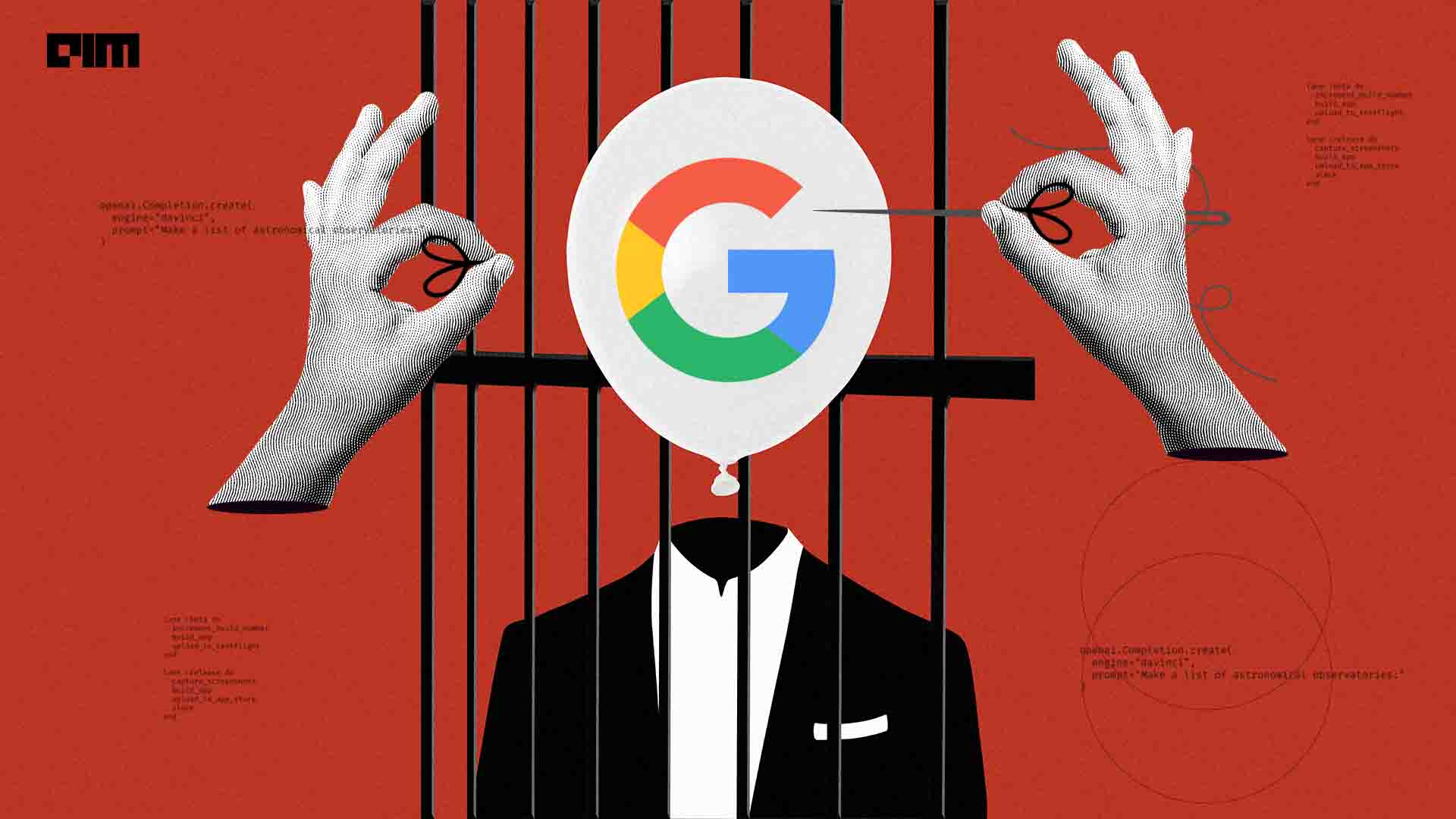Google is gearing up for a long-awaited antitrust trial initiated by the US Justice Department, set to commence next week. Prosecutors have accused Google of deploying illegal business deals to secure the dominance of its ubiquitous search engine.
The lawsuit, filed in 2020, alleges that Google unlawfully eliminated competitors by funneling billions of dollars annually to smartphone makers like Apple and Samsung. This financial incentive ensured that Google’s search engine would be the default option on their web browsers.
In response, Google has maintained that these deals reportedly have taken as much as $15 billion a year from Google were non-exclusive, allowing users to freely modify their device’s default settings.
The upcoming trial, which is poised to last 10 weeks, marks the first major US monopoly trial of the modern internet era. It is scheduled to begin next Tuesday, with prominent figures such as Google CEO Sundar Pichai, as well as senior executives from Apple and other tech companies, expected to take the witness stand. To date, both the DOJ and Google have interviewed over 150 individuals and produced over 5 million pages of documents in preparation for the case.
The Justice Department’s depiction of Google contrasts sharply with its image in the late 1990s and early 2000s as a scrappy startup revolutionizing internet search in Silicon Valley.
In response to these allegations, the Justice Department has called for Google to change its alleged unlawful business practices, potentially face financial penalties, and restructure its operations. Importantly, Judge Amit P. Mehta, appointed by President Barack Obama, will preside over the proceedings and issue the final verdict, as there will be no jury.
Even before the trial has commenced, both legal teams have been vigorous in presenting their arguments. Google, for instance, recently contended in a court filing that Jonathan Kanter, the head of antitrust at the Justice Department, harbors a “deep-seated bias” against the company. Google has long maintained that Kanter’s previous work for Google rivals like Microsoft, Yelp, and News Corp (parent company of New York Post), represents a conflict of interest, alleging that he received substantial compensation in private practice to advocate for antitrust action.
Google further claimed that Kanter “is using public office to accomplish what he was unable to do in private practice on behalf of his paying clients.” Meanwhile, the DOJ contended that Google has submitted “unusual, invasive, and irrelevant discovery requests” related to Kanter’s involvement in the case. The DOJ also urged the judge to prevent Google from arguing that it has selectively enforced antitrust laws.
Mehta has already ruled on parts of the federal monopoly trial, dismissing four counts from the lawsuit earlier this month. The judge concluded that government attorneys failed to demonstrate that Google had harmed rivals like Yelp and Expedia through its online search practices.
The post Landmark Antitrust Trial Against Google Commences appeared first on Analytics India Magazine.



![[CITYPNG.COM]White Google Play PlayStore Logo – 1500×1500](https://startupnews.fyi/wp-content/uploads/2025/08/CITYPNG.COMWhite-Google-Play-PlayStore-Logo-1500x1500-1-630x630.png)